Raymond Kurzweil is a name that resonates strongly in the fields of technology, artificial intelligence, and futurism. Born in Queens, New York, on February 12, 1948, this American inventor, writer, computer scientist, and entrepreneur has dedicated his life to exploring the frontiers of knowledge and anticipating the advances that will transform humanity.
Kurzweil showed an early interest in technology. From a young age, he built a computer using electromechanical relays and engaged in programming. His fascination with artificial intelligence and the ability of machines to replicate human thought drove him to study Computer Science at the Massachusetts Institute of Technology (MIT), where he graduated in 1970.
Kurzweil has developed several significant technological inventions and contributions:
Throughout his career, Kurzweil has been a pioneer in various technological areas, standing out for inventions such as:
The first flatbed CCD scanner: this device revolutionized the digitization of documents and images.
The first omnidirectional optical character recognition (OCR) software: this technology allowed computers to “read” printed text in various formats.
The first reading machine for the blind: this invention, called the Kurzweil Reading Machine, transformed the lives of visually impaired people by allowing them access to printed information.
The first text-to-speech voice synthesizer: this technology laid the foundations for today’s computerized voice systems.
Advanced musical synthesizers: Kurzweil also ventured into music, developing synthesizers capable of faithfully emulating the sound of acoustic instruments, including the grand piano. His work with musician Stevie Wonder was particularly notable.
Now, let’s talk about futurism and the singularity:
In addition to his inventions, Kurzweil is known for his predictions about the future of technology and humanity. He is a fervent advocate of the “Technological Singularity,” a hypothetical point in time when the advancement of artificial intelligence will be so rapid and unstoppable that it will radically transform human civilization. Kurzweil predicts that the Singularity could occur in the mid-21st century.
His ideas about the future are reflected in several books such as:
The Age of Spiritual Machines (1999): in this book, he explores the potential of artificial intelligence to surpass human capabilities.
The Singularity is Near (2005): this work details his vision of the Technological Singularity and its possible implications.
How to Create a Mind (2012): in this book, Kurzweil delves into the functioning of the human brain and how we might replicate it in machines.
His most recent book is “The Singularity Is Nearer” from 2023. This book is an update and expansion of “The Singularity is Near.” In “The Singularity Is Nearer: When We Merge with AI,” Kurzweil reaffirms his prediction that the Singularity is near, but with a more nuanced perspective and new evidence. Some key points of the book are:
The placement of a greater emphasis on biotechnology and nanotechnology: in addition to Artificial Intelligence, Kurzweil highlights the crucial role of these fields in human transformation. He explores how nanotechnology could be used to reverse aging at the cellular level and cure diseases.
A more detailed vision of the fusion between humans and machines: Kurzweil explores in greater depth how nanotechnology and other technologies will allow a deeper integration between human biology and technology, blurring the lines between the two.
The updating of his predictions: while he maintains the general idea that the Singularity will occur in the mid-century, he offers a more detailed perspective on the technological milestones that will lead us to it.
Kurzweil and his work at Google:
Since 2012, Kurzweil has worked as Director of Engineering at Google, where he leads projects related to artificial intelligence and natural language processing. His work focuses on developing systems that allow computers to understand and respond to human language more effectively.
Raymond Kurzweil has received numerous awards and recognitions throughout his career, including the National Medal of Technology and the Lemelson-MIT Prize. His work has had a profound impact on technology, music, and the way we conceive the future. He is considered a visionary who has remarkably anticipated many of the technological advances we are experiencing today. Raymond Kurzweil is a key figure in the history of technology and an influential thinker in the field of futurism. His inventions and his ideas about artificial intelligence and the Singularity have left an indelible mark on the world, and his work continues to inspire new generations of scientists, engineers, and dreamers.

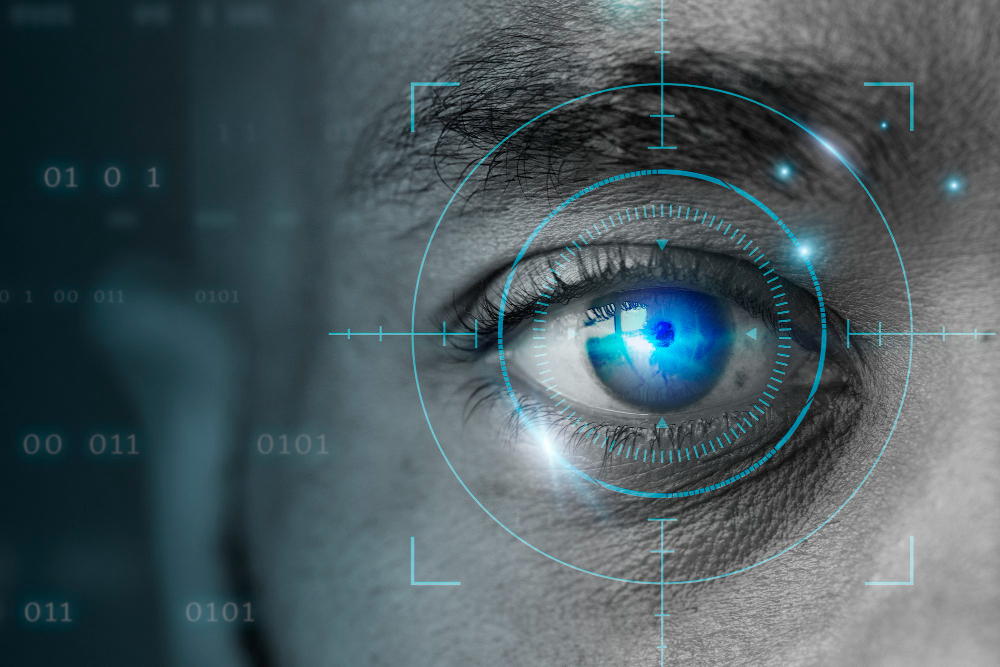
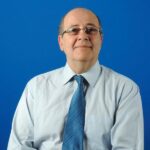
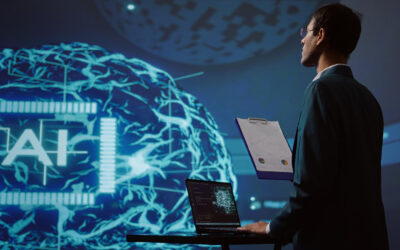
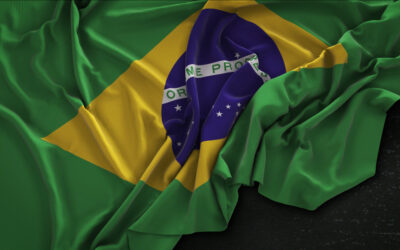
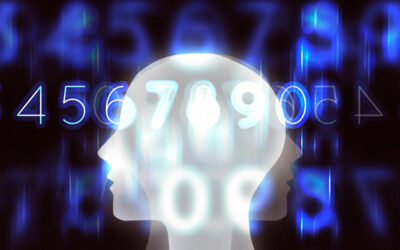
0 Comments